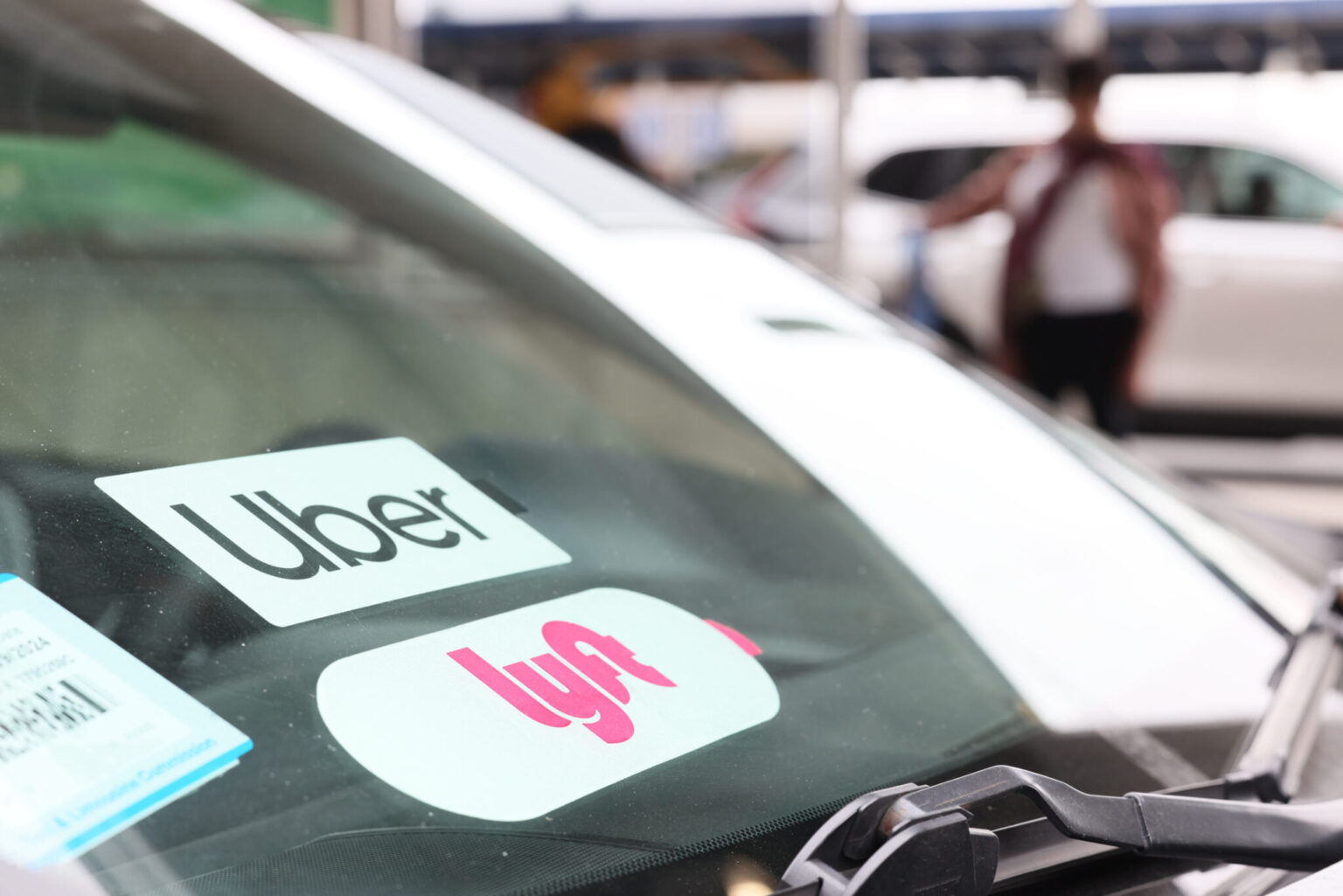The American Midwest and East Coast couldn’t be more distinct — yet Wisconsin and New Jersey are about to make the same mistake: limiting opportunity for independent workers.
In Wisconsin, Governor Tony Evers recently vetoed a bill that would have let companies contribute to portable benefit accounts that rideshare drivers could use for benefits. These accounts could have been used for things such as retirement contributions or paid leave for rideshare drivers without risking their status as an independent contractor.
Under current law, if a company voluntarily gives benefits to its independent contractors, they could be forced to consider these contractors as full-time employees, something neither side generally wants. The vetoed bill would have fixed that problem by making it crystal clear that companies can provide benefits voluntarily, and those benefits alone can’t be used to force an employment relationship. It’s a win-win — companies are free to support workers, and workers keep the flexibility they value. Unfortunately, the governor rejected this bipartisan reform, demanding instead a mandatory benefit system in the state. That kind of heavy-handed approach would take away worker flexibility, drive up costs, and push many rideshare opportunities out of Wisconsin entirely.

Meanwhile, across the country, New Jersey is taking a different, but equally damaging, path. The state is proposing to adopt what’s known as the ABC test, a restrictive standard for deciding who is an employee versus an independent contractor. Under the ABC test, almost every freelancer, gig worker, and small contractor is presumed to be an employee unless they can prove otherwise under very narrow criteria.
The data is clear: states that impose ABC-style rules see fewer jobs, fewer small businesses, and fewer opportunities for workers. California’s disastrous rollout of AB 5 is the most recent example. Thousands of independent workers saw their livelihoods threatened overnight. New Jersey is poised to repeat those mistakes.
Both states claim to be helping workers. In reality, they’re locking themselves into a broken system. New Jersey’s ABC rule sends the message that being your own boss is no longer allowed, unless you fit into a narrow, outdated box. On the other hand, Wisconsin’s veto implies that only mandates can deliver benefits. Both of these propositions instill falsehoods about today’s workforce and ignore successful, voluntary solutions in states like Utah, Tennessee, and Alabama.
These innovative and timely solutions are the right way forward.
Voluntary portable benefits provide workers with access to the safety net they desire without compromising their independence, thereby easing some of the burden of self-employment. The laws passed in Utah, Tennessee, and Alabama already allow companies to contribute to benefits like childcare, retirement savings, or paid time off for their contractors. Alabama even created a full tax deduction for contributions made by workers and companies alike.
These reforms don’t force anyone into a particular work arrangement. They expand options, making flexible work sustainable for a wider range of people. A rideshare driver who wants to build a retirement nest egg can do so. A freelancer who needs help paying for health insurance can get it. And companies can step up to support their contractors — all without lawsuits, reclassification battles, or government mandates.
The future of work is flexible, but only if states resist the temptation to jam modern workers into yesterday’s system. Wisconsin’s veto and New Jersey’s ABC test are two sides of the same coin: policies that assume the government knows best and workers can’t be trusted to make decisions in their best interest.
It’s time for states to chart a new course — one that embraces innovation and empowers workers. Voluntary portable benefits aren’t a corporate giveaway or a partisan ploy. They’re a practical, forward-looking solution to give gig workers and independent contractors the tools they need to thrive.
When policymakers get labor policy wrong, workers pay the price. But when states get it right, everyone wins.







